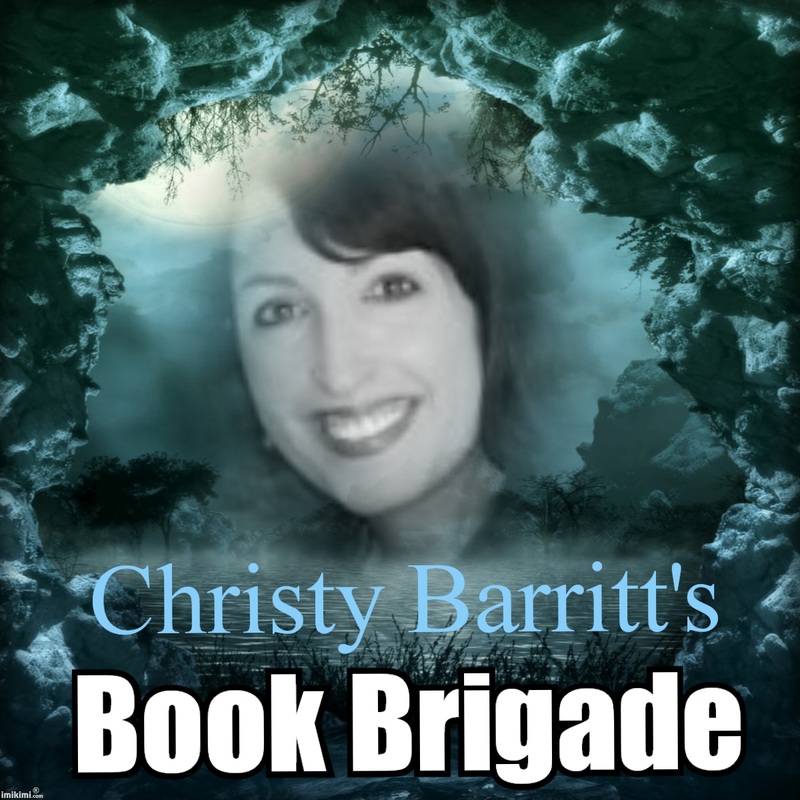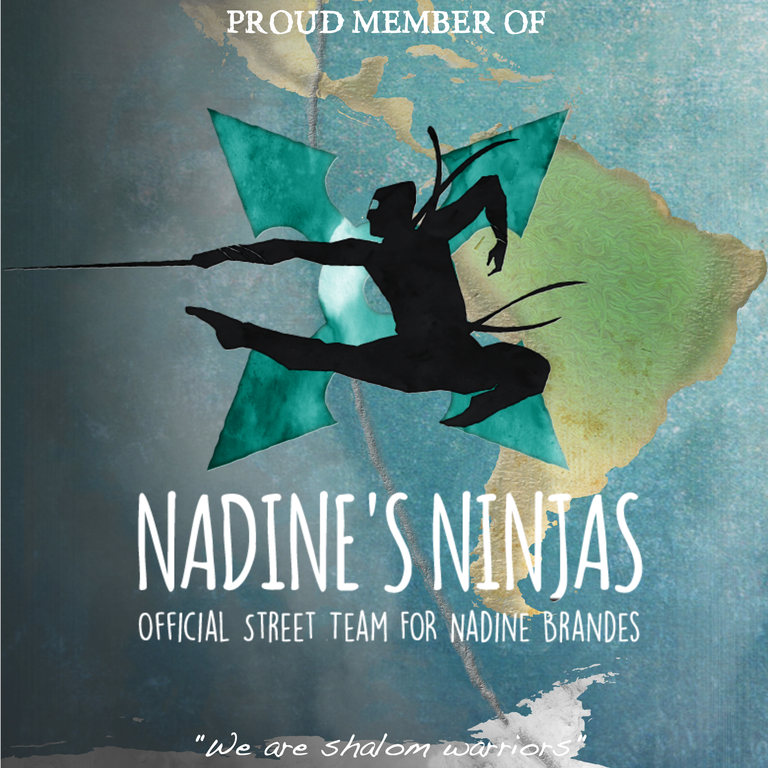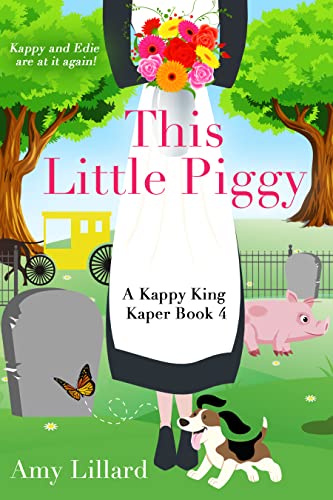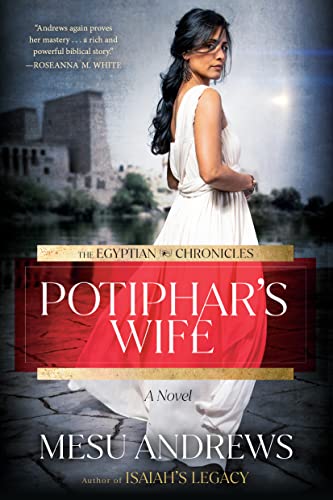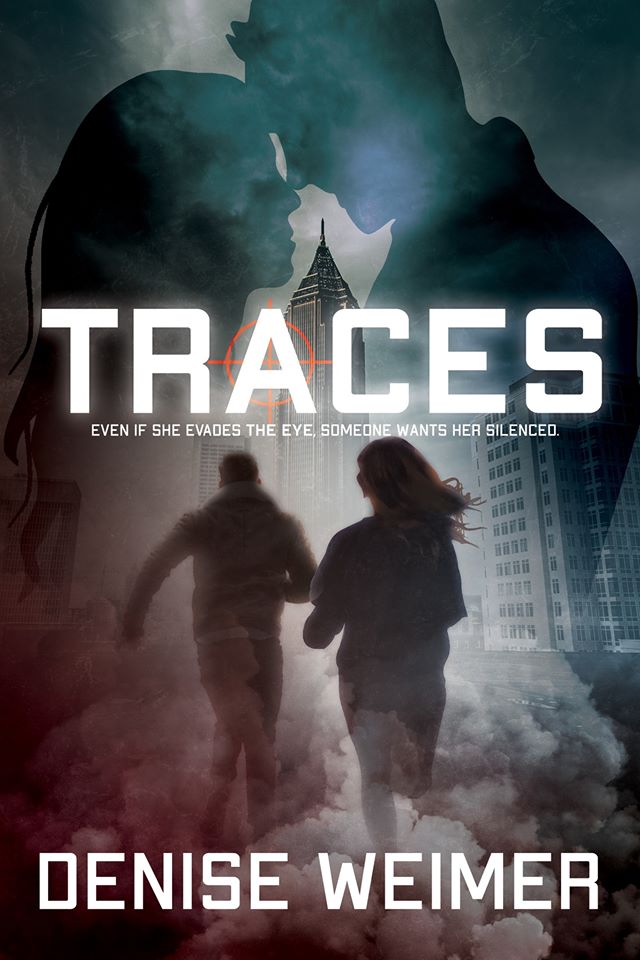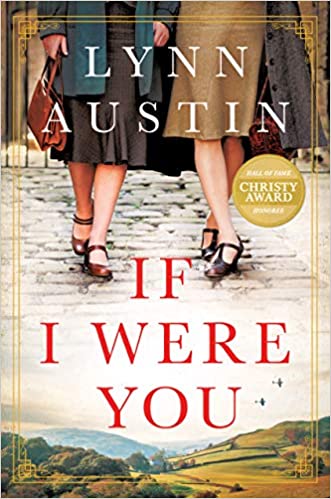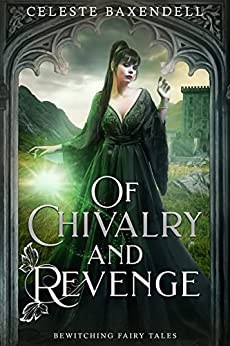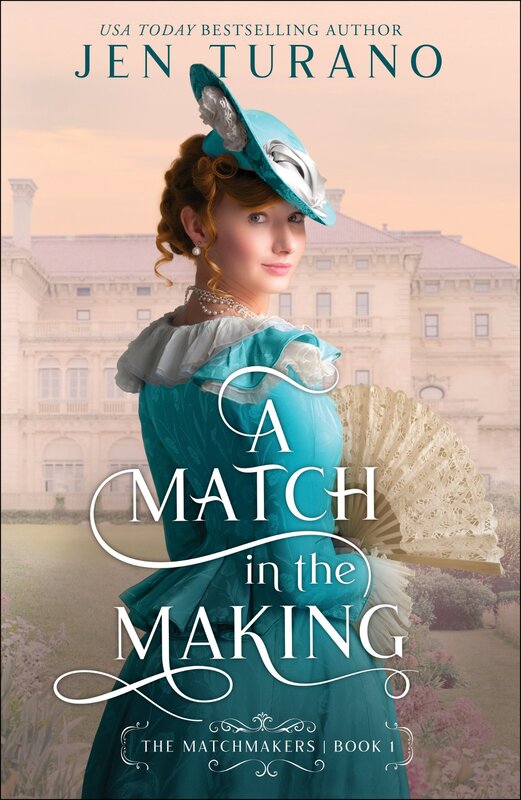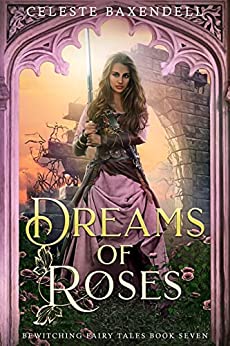(part of The Hope of Christmas Collection)
Archibald “Archie” Heron is the last survivor of the Heron dynasty, his two older brothers having been lost at Dunkirk and Trondheim and his parents in the Blitz. After his wife is killed in a bombing raid while visiting Brighton, he begins to feel like a modern-day Job. To add insult to injury, the British government requisitions his country estate, Heron Hall, for the U.S. Army to use as a hospital. The last straw is when the hospital administrator turns out to be a fiery, ginger-haired American woman. She’s got to go. Or does she?
Guest Post
| One of the greatest changes to society during WWII was the entrance of women into the workforce taking jobs previously held only by men. The mindset during this era was that women were limited as to what they were capable of performing, so employers were skeptical about these “gals” getting the jobs done. In fact, rather than hire women, many companies used male prisoners, Japanese and German internees, and high school students. But with the vast number of vacancies in every industry, employers had no choice but to bring in women to fill the positions. Imagine their surprise when the work was completed in record time! |
| One month later, Dr. Margaret Craighill became the first female physician to receive an Army Commission. As a former Human Resources professional, I began to wonder what it would have been like to be the lone woman working in a male dominated organization, especially the military. Fortunately, there are countless oral history interviews conducted by museums, universities, and non-profit organizations available on YouTube and other websites. About the time I was researching women in the military, I stumbled on the information that hundreds of British country homes were requisitioned by the government for use as training centers, orphanages, troop housing, schools, and hospitals. That got me thinking about what it might be like to have “house guests” forced on you, especially those for whom you had little respect which is how some of the British felt about the Americans (“late to the last war and late to this one”). |
-Linda Shenton Matchett-
| Linda Shenton Matchett is an author, speaker, and history geek. A native of Baltimore, Maryland, she was born a stone’s throw from Fort McHenry and has lived in historic places all her life. Linda is a member of ACFW, RWA, and Sisters in Crime. She volunteers as a docent at the Wright Museum of WWII and a trustee for her local public library. Newsletter Signup (Receive a free short story) |






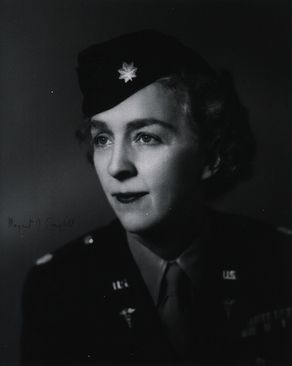

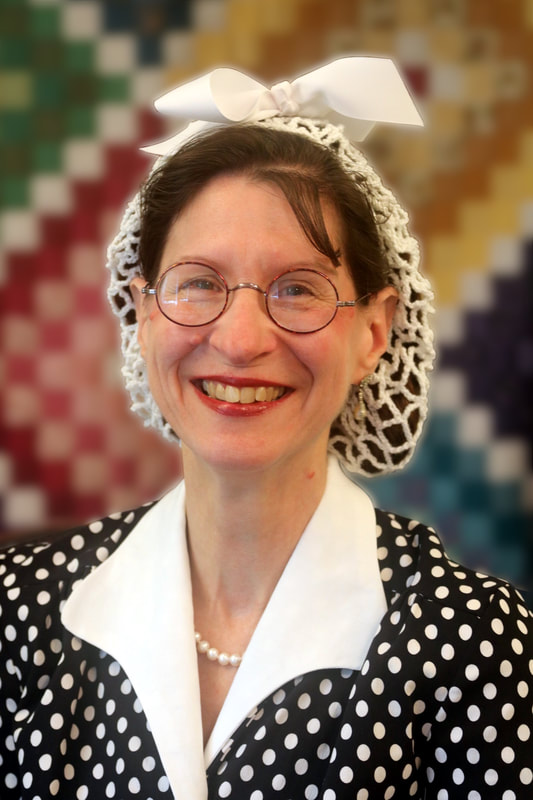






 RSS Feed
RSS Feed








